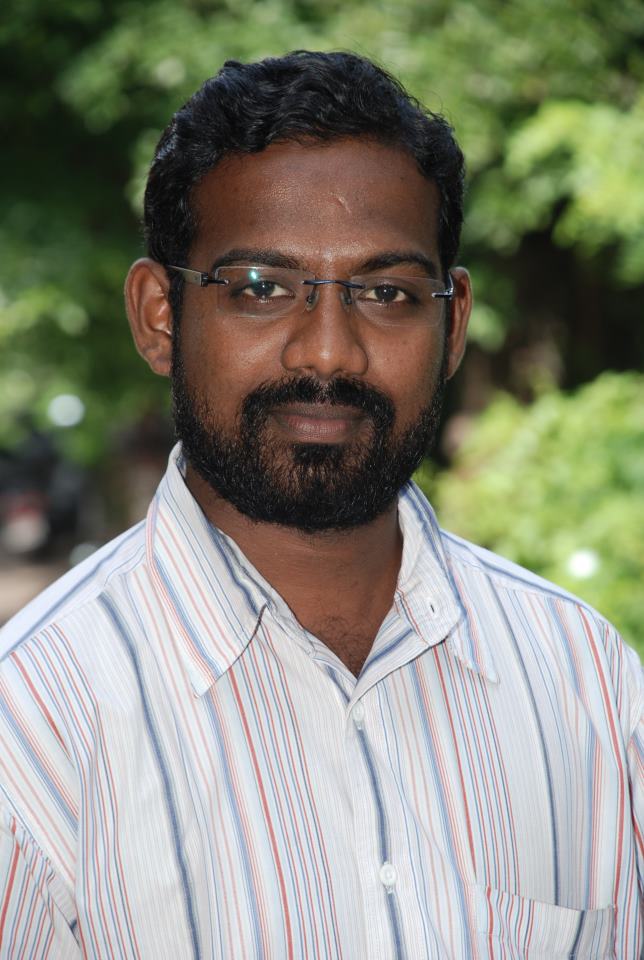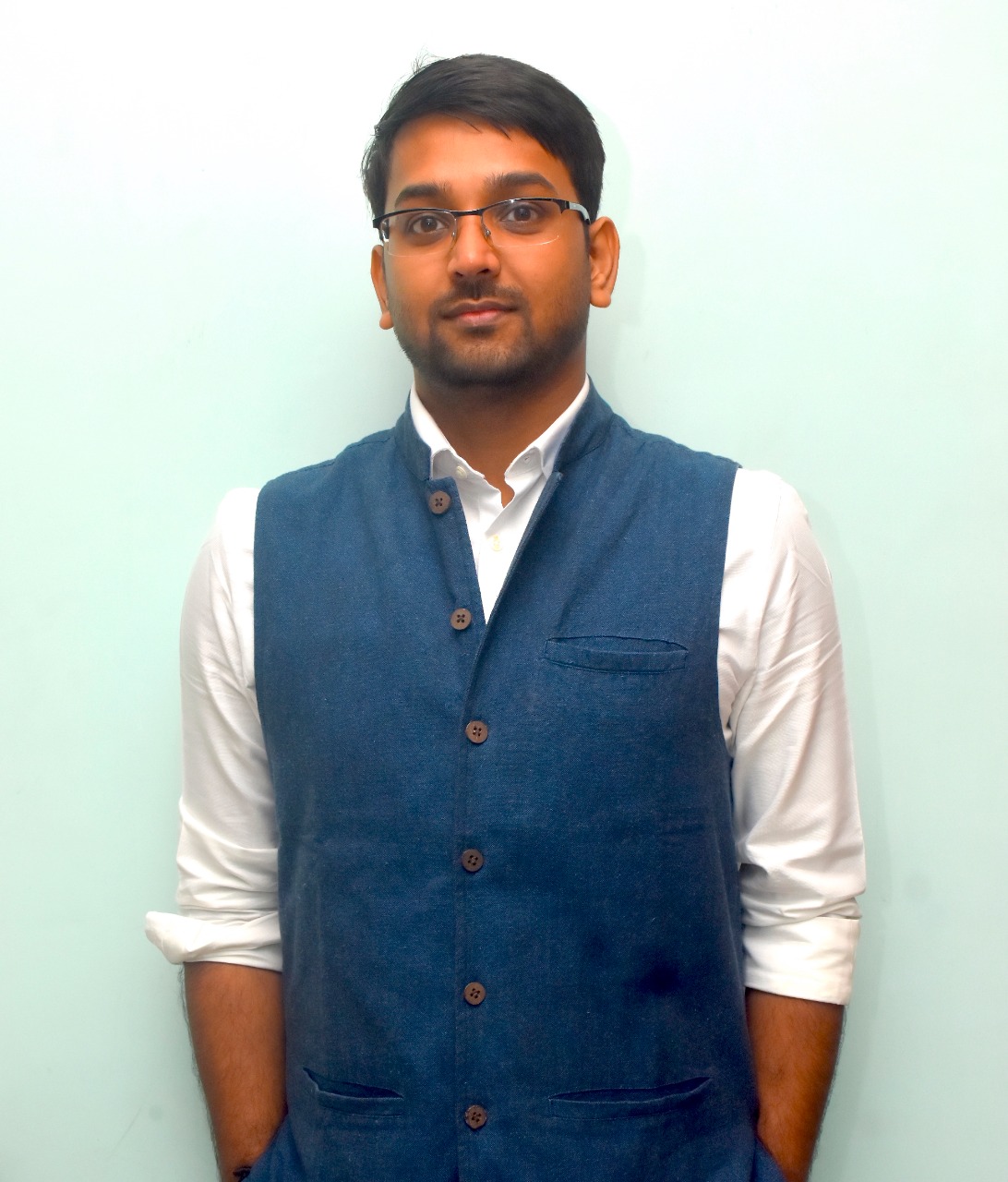IIT Placements: Are non-tech students in IITs getting a level-playing field?
Sheena Sachdeva | May 26, 2022 | 06:12 PM IST | 9 mins read
IITs now have a large number of non-tech, humanities and social science students. They don’t get the best deal in campus job drives.
IITs- A Comprehensive Guide
A complete guide to IITs: Learn about the admission process, required cutoffs, fees, top branches, campus details, and updated placement statistics—all in one place.
Download Now
NEW DELHI: A first year student (wants to keep his name anonymous) of a postgraduate programme studying development studies at an Indian Institute of Technology (IIT), is disappointment from his programme, so far.
Must See: IITs Comprehensive Guide
After completing his bachelor’s studies at the Tata Institute of Social Sciences (TISS) Tuljapur campus, this student joined the IIT, drawn by the ‘brand’, and reports of generous pay packages offered to graduating BTechs in campus placements.
But he soon discovered that the experience of students in non-technical programmes at the IITs was very different. Despite the course being launched over a decade ago, the humanities and social sciences department which offered his course recorded low placements. “The non-tech students got a highest package of Rs. 7 lakh per annum last academic year and an M.Tech was placed at Rs. 50 lakh per annum,” he said.
Over half a dozen IITs offer PG programmes in a variety of disciplines including development studies, English studies, public policy, digital humanities and more. Engineers have traditionally received more generous salaries than students graduating from non-professional courses. But several students from across IITs said that the institutes, on their part, do not put as much effort into placing students from these disciplines, compared to engineering.
Of all the students from multidisciplinary programmes who sit for placements at IIT Bombay, only about 10-15 percent were placed, said Ayush Aditya, a first-year master’s student in public policy at a first-generation IIT, who was also part of the institute’s placement cell last year. While IIT allows you to sit for placements despite any background, there is an unsaid disparity in placements among courses.
Also Read: NAS 2021: Punjab, Rajasthan top performers across school levels, subjects
 Sudheer Patoju, Assistant Professor, School of Rural Development, Tata Institute of Social Sciences-Tuljapur IIT placements
Sudheer Patoju, Assistant Professor, School of Rural Development, Tata Institute of Social Sciences-Tuljapur IIT placements
Aditya said that when the placement season began in December, companies coming to the campus for recruitment were there primarily for engineering students. “There is no level-playing field in terms of placements of tech and non-tech courses. IIT is known for its technical courses and companies coming into IITs have certain expectations and look for students with analytical and tech skills,” he said. The student placement manager of the humanities department at another first generation IIT, who did not want to be named, agreed. She said: “It’s not that the institute is discriminating but the companies that come for placement come for engineers. So, in this scenario you can hardly expect a level playing field.”
Baksheesh Sachar, another student member of the placement cell said: “Placements in IITs are more like running for a race like getting placed on day one or two or further. Students get depressed if they don’t get placed at all.”
S Pasupathi, chief operating officer, HirePro, a hiring consultancy that helps companies recruit from campuses like IITs, Indian Institutes of Management (IIM) and others, explained that companies tend to consider the history of graduates of the departments while deciding whether to hire from the departments or courses again. They will consider, for example, whether students hired from a specific programme have succeeded in their jobs before returning for placements.
The student placement manager said that every department has its own universe in the IIT campus. However, the major drawback is that the internship drive is not open for humanities students at her IIT.
He finds that as the number of students studying multidisciplinary courses is low in institutes like IITs, companies look at the student’s end goal and how successful or success stories have turned in from the said course in the past few years. “Companies look for candidates who have longer turn out in the prescribed roles. They don’t care about which background you come from, if you can clear the recruitment and make it to the next round, this is what matters to them.”
Also Read |‘No fruit or milk’: Food inflation makes mid-day meals lighter, less nutritious
IITs ‘market-oriented’
Placement cells in IITs have a representation from every department. Student from the non-tech departments try to call companies from different sectors but there are the usual and
unexpected hurdles.
“The number of companies that intend to hire from humanities or intersectional degrees is very low. For instance, Council of Energy, Environment and Water (CEEW), a not-for-profit policy research institution based in New Delhi, India, came for the first time in last year’s placement. There are other non-tech or development-focussed organisations which don’t come to the campus at all,” said Aditya. “They could also have reasons like ideological barriers, may assume placements in institutes like IITs have a market-oriented approach, which might not suit their agenda.”
Aditya added that even if there are recruiters for students of public policy and similar programmes, they expect a certain amount of technical knowledge and know-how. And firms like Google or Wipro come with a set criterion that only students who have written the JEE Advanced are eligible to sit for the placements. “However, entrance criteria for postgraduate/master’s courses in multidisciplinary subjects is more subjective than objective at IIT,” he added.
Companies come to the IITs for the best talent, said the student placement manager. However, they would not like to hire from other courses like arts, humanities, and others, and the institute has no say in that. “The institute can’t do much in terms of placements of different courses being offered. We hope companies open up their opportunities to other courses for placements,” the student placement manager said.
 Ayush Aditya, a first year Master's student in Public Policy
Ayush Aditya, a first year Master's student in Public Policy
Also Read | IIT Patna CSE team working on curbing hate speech online. First stop: Twitter
Low awareness
The recruitment practices and processes in the development, policy research-sector is very different from how placements are conducted in the IITs. “Main interviews of tech courses just take 10-15 minutes where the interviewer checks the attitude of the candidate and they rest, they assume that the student can learn during the work tenure. However, in the development sector candidates have to submit a write-up or assignment and later during the personal interview the interviewer gauges the coherency of your thoughts and whether they are aligned with their own ideology,” Aditya added.
Recruiters who are not technology-oriented are not aware of the fast-paced processes at the IITs and find it cumbersome to participate. They also feel that students would expect high salaries.
“In IIT, it’s very competitive. The moment you think about hiring from IIT, the expectations are high in terms of salary packages and others. Such companies won’t be able to compete or match the salary offered by other companies,” Aditya said.
In fact, the student studying Development Studies at an IIT said that TISS provides better placements than IITs in the social sector. “As IITs have introduced these humanities programmes quite recently, they don’t have enough exposure,” he said.
Also Read | DST guidelines encourage scientists to engage with the community, schools, colleges
Campus placement training
Even in placement training, there are gaps where these students are concerned. Pasupathi said the pre-placement training are “given according to the companies visiting the campus”.
Since most placement cells are student-driven bodies with representation from all departments, there is a review process in place. “They roll out feedback and applications and ask students what type of training is required and accordingly, institutes are approached,” said the student studying Development Studies about his IIT.
At another IIT, the Career Development Cell offers training through alumni who are already placed. They alert students to opportunities for humanities students, hold resume building sessions and these are accessible to everyone.
However, the question is whether such training is structured “from the perspective of a non-tech or development or humanities course students”, said Aditya adding, “The answer is ‘no’.”
Also Read: AICTE panel caps annual BTech fee at Rs 1.89 lakh; MBA fee at Rs 1.95 lakh
IIT Humanities: Research focus
Pasupathi said that the multidisciplinary courses in IITs are more research-focussed. “Research or development or public policy courses in IITs [are not framed with] hiring [in mind]. Typically, a company going into IIT wants a computer science engineer, he added.
Both Aditya and the student studying development studied at an IIT agreed. “The courses are focussed on the historical context and are quite descriptive. But what is missing is the connection with industry or market demand of the sector,” Aditya said.
The student from an IIT studying development studies added: “Our curriculum is extremely theoretical wherein we study colonial history and other theoretical courses. However, courses taught in other multidisciplinary universities in India are focused on applied social sciences because whatever you will study, you will apply that in your society. We find a gap there.”
Plus, a large section of students from these programmes go on to do research. The rest, even if they sit for placements, see little success. “40% of students from the multidisciplinary courses have gone for higher research like PhDs, the remaining students do opt for placements but don’t get any,” said a student studying development studied about his IIT.
Further, Pasupathi said that skills that are required by big companies are largely based on the analytical bent of mind of a candidate, the ability to handle difficult situations, and offer solutions.
Also Read: Scam alleged in Jharkhand BTech college; UGC directs ‘appropriate action’
 S Pasupathi, Chief Operator Officer, HireProIIT Placement: Practical experience
S Pasupathi, Chief Operator Officer, HireProIIT Placement: Practical experience
Sri Krishna Sudheer Patoju, assistant professor, School of Rural Development, TISS Tuljapur, pointed out that there is little comparison possible between professional engineering courses and social sciences.
“Social sciences teach you an orientation of the outcome which is not tangible whereas technology is always tangible. Also, people and companies can monetise through technology but in social sciences, it’s more abstract. The social sciences or humanities departments in IITs are a subsidiary and not the main departments in IITs. But students want to go for the IIT brand,” he said, adding that the institutes may need to restructure and redevelop their courses according to the demand.
To that end, it would help to equip even humanities and social science students with tech skills. Patoju thinks non-tech departments could focus on creating community-led technology that can help students get hired by organisations.
Aditya agreed that more practical training and work experience would help. “The humanities courses in IITs should be developed with an amalgamation of course work and extensive training wherein students should be given projects in collaboration with the companies working in that sector or government, or organisations seeking knowledge partners. For instance, IIT Bombay could collaborate with the government of Maharashtra and its students could get hands-on experience of implementation of policies or consulting or research. To build practical skills, what is taught in theory must be implemented on the ground as well,” he said.
Also Read:‘Seriously considering’ campus abroad : IIT Delhi director
Pasupathi noted that the relevance of these multidisciplinary courses at IITs will emerge once the alumni start picking up roles, doing internships, working on short-term projects, and pushing the boundaries for these fields. “We see relevance for such multidisciplinary courses increasing but big tech companies creating teams for such roles and coming to IIT for different non-tech roles will take its own time,” he said. “As the management departments of IITs took some time to get established, there is a long road ahead for these courses.”
Update: This copy has been altered to remove the name of a student who wished to remain anonymous.
Follow us for the latest education news on colleges and universities, admission, courses, exams, research, education policies, study abroad and more..
To get in touch, write to us at news@careers360.com.